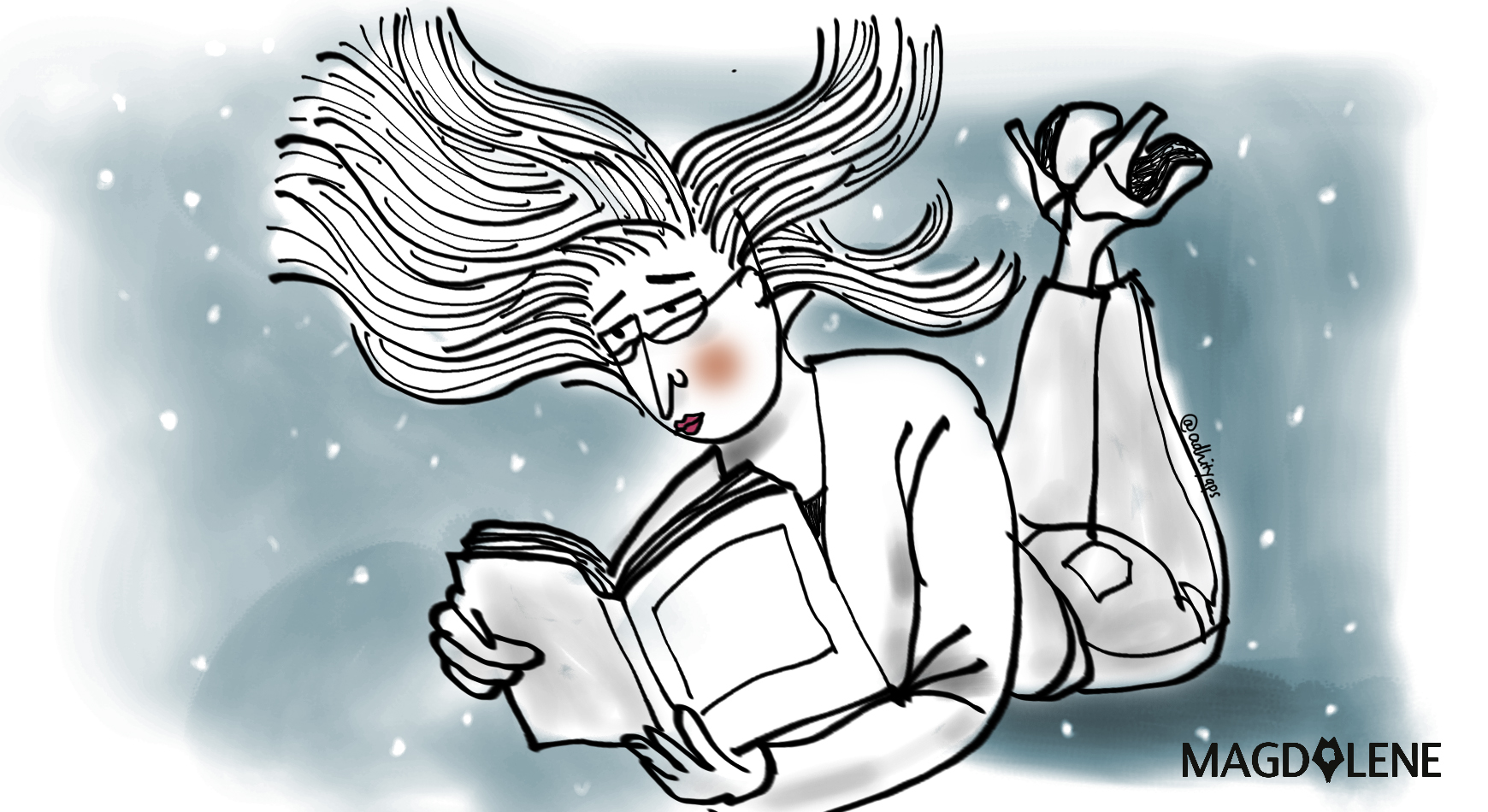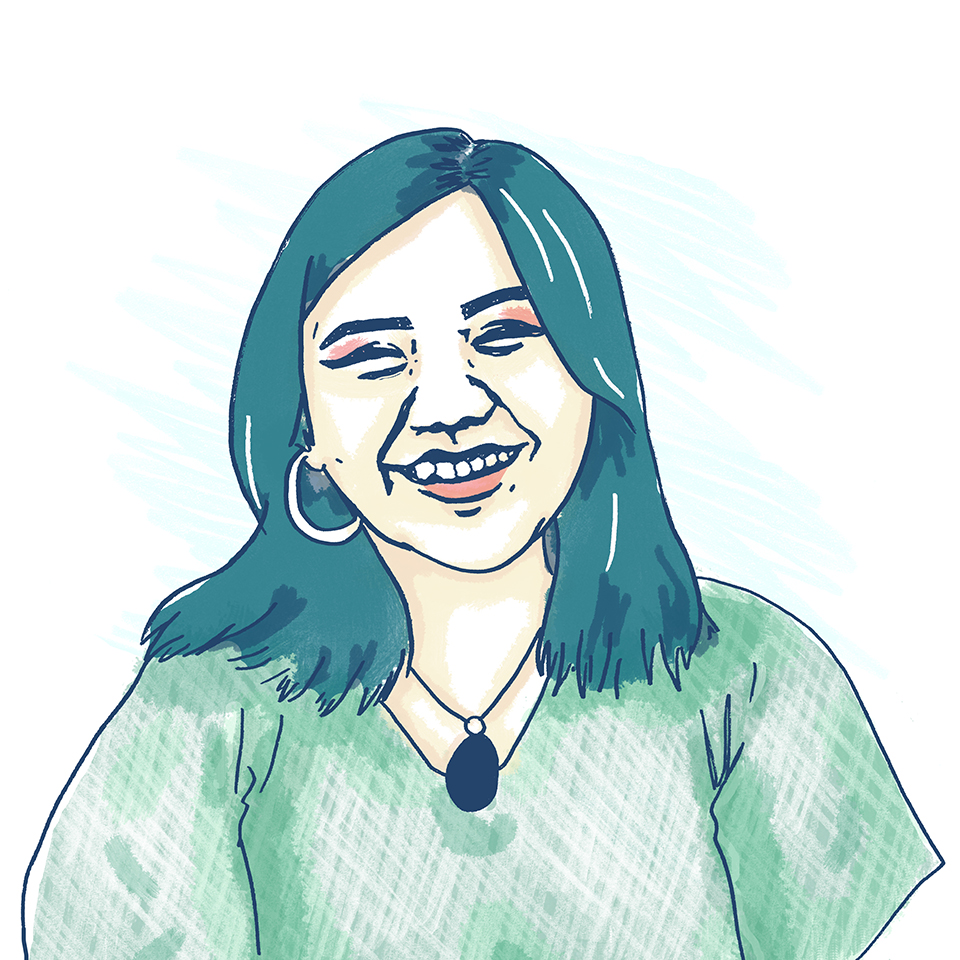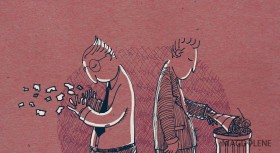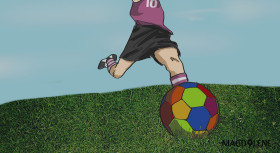Ideally, what matters in the field of writing should be the work itself, but, in reality, the background and race of the writers influence how their work is perceived – as does their gender. This is one of the factors contributing to the underrepresentation of women – and how they are underestimated – in literature.
Zainab Priya Dala, a South African writer and journalist of Indian descent, said “In a lot of societies, such as my own in South Africa, discrimination is multifaceted.”
“Here you still are discriminated on simply due to your skin color and race. Adding to that, the facet of being a woman brings a whole new level of power play into the equation,” she said at a seminar “Against Biases” as a part of Jakarta International Literary Festival (JILF 2019).
“Literature has often been polarized into what is appropriate and saleable from men writers versus women writers. This is genre-objectifying and also contextual,” she wrote in her essay titled “The Need for Some Bias: An Autoethnographic Study of Contemporary South African and World Literature in the Closed Space of Masculine and Feminine Writing.”
Women are expected to write sentimental and romantic things, while men are expected to write fiction, adventure or fantasy. When someone crosses this supposed gender line, it is considered bold.
Zainab recalled a review of her work that describes her the book as “a whining woman scorned”: “That hurt because for my male contemporaries, similar themes such as love, loss, racism, segregation and apartheid, are seen as writings that were challenging the status quo.”
This bias has led to a number of women writers having to disguise their identities or make it at least ambiguous to receive the recognition they deserve. There was Karen Blixen who used the name Isak Dinesen and Laura Albert who used the name J.T. Leroy. The most modern example is Joanne Rowling who was told by her publisher to use J.K Rowling to anticipate potential readers that might not like to read fantasy books written by women.
Saras Putri Dewi, an Indonesian academic, activist and poet also talked about the gender biases in the field.
“When men write an ‘emotional piece’ it is considered deep. When women write it? It’s called hysteria,” she said “This leads to the tendency of people not taking our work seriously,” she added. Many women write on topics considered as “un-lady-like”, like politics, fantasy, sex, serious issues and so many more.
“For example, Oka Rusmini with her works that are often sensual and exploring the issues of gender, sexuality and our body. Or her work titled Earth Dance that talked about how Balienese women fight against cultural domination,” Saras continued.
Also read: Scholar, Activist Speaks of Hoax and Humanity in Post-Truth Era
Among the works she cited were Djenar Maesa Ayu’s Sucking Father’s Milk, which deals with sexual violence, and Okky Madasari’s Bound, which tells the story of a transgender person.
Women are expected to write “easy reads,” that’s why these works are often criticized for their transparency and unfiltered language or description. When in reality they are just uncomfortable that the works of these women are far from what they expect a woman to write.
“They write about real and painful experiences of women all over Indonesia, or the world. The discomfort in public is because we’re trying to point out the problem that people are unfamiliar with,” she said.
Zainab said it is important for women writers to refute the biases.
“There is an importance in owning the female narrative and style that comes from the lived experience of being female, as it adds to the richness of a story because it shows every facet of authenticity, flaws and all. Feminine writing is a celebration, it is a label I am happy to wear,” she said. “But remember, feminine writing does not exclusively belong to females,” she added.
Turkish poet Bejan Matur concurred. In an essay titled “Finding Home,” she argued: “All humans have a little bit of feminine and masculine sides of themselves and both have their own uniqueness. We have to embrace that,” she said.
“The saying ‘behind every successful man, there’s a woman’, should be changed into ‘there is a feminine energy behind (or inside) every successful man, thus making him balanced,” she added.
Saras also reminded the importance of solidarity among women writers.
“I wouldn’t be here without the works of Oka Rusmini and other women writers who have paved the way for women to be here today in the field,” she said.
“We all need each other. We are all sisters in pain of this micromanaging from patriarchy. We should publish more women writers. There are so many stories of our stories that deserve to be told, for now a lot of them are still hidden, we should present that more,” Saras added.








Comments